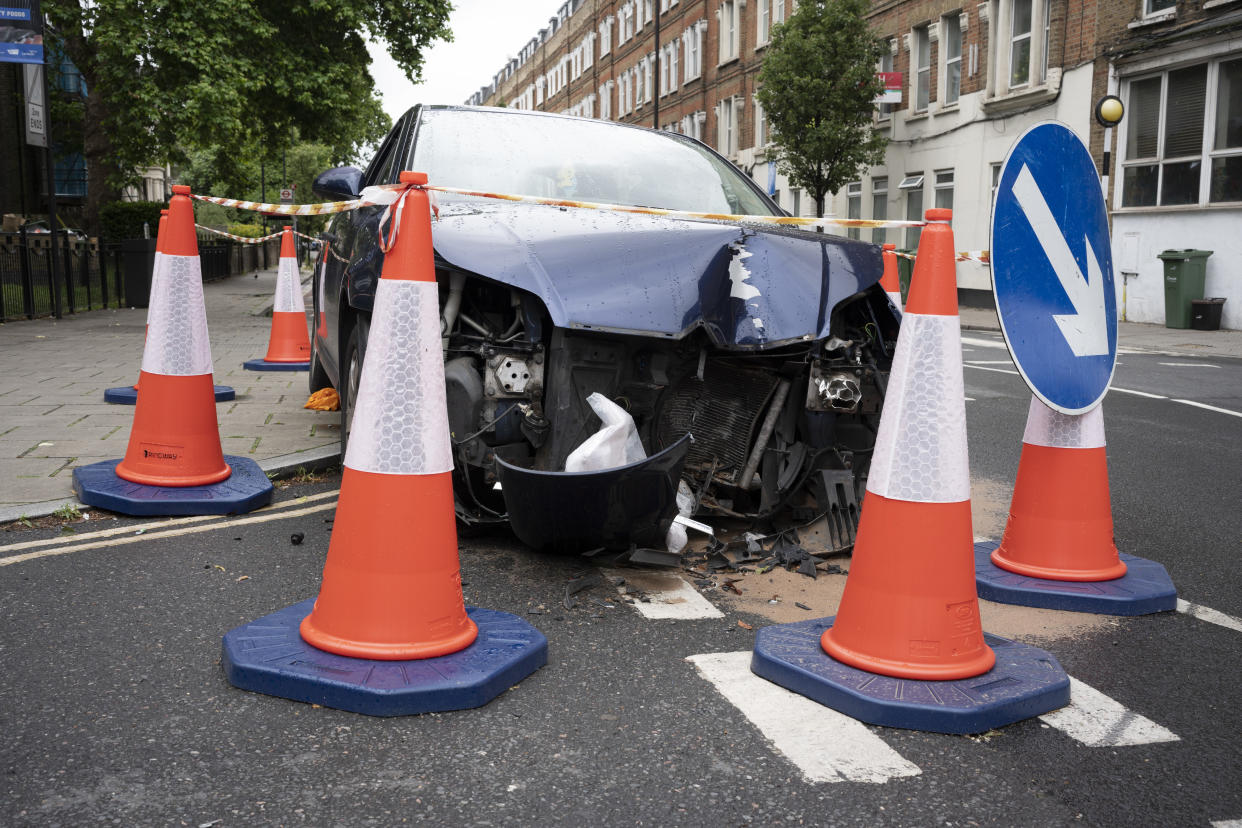
Cheap car insurance is hard to come by but amid the cost of living crisis many drivers are keen to do their best to soften the blow when the bill hits.
Here we leave you with eight top tips from consumer body Which? to get cheaper insurance without having to compromise on cover.
1. Shop around and don’t automatically renew
The ban on the insurance ‘loyalty penalty’ at the beginning of 2022 brought an end to the era of exclusive new customer discounts – and this appears to have contributed to prices rising for some groups of customers.
Which? found that it’s worth shopping around when a policy is up for renewal. Half (48%) of Which? members who haggled in the first six months of 2022 made savings – on average £56 for car insurance and £54 for home insurance.
Read more: Car insurance cost rises 2% to £436 on average
There are also likely to be savings available by switching providers. Drivers who didn’t haggle, but had changed car insurers were paying £43 less, on average, than those who remained with their original provider. Home insurance switchers were paying £103 less.
2. Search for cover on comparison sites
Be aware that some insurers set different prices depending on the method used to get a quote and some comparison sites also offer cash-saving incentives to entice customers.
For instance, when Which? checked in December 2022, Confused.com and MoneySupermarket guaranteed beating customers’ current car or home insurer’s renewal offer or refunding the difference, as well as offering a £20 voucher. GoCompare offers free excess cover with car insurance. This reimburses up to £250 of the excess if you claim (excluding breakdown and glass damage).
In October 2022, Which? tested a quote for a 38-year-old Ford Focus Zetec driver and, adding a voluntary excess of £250, reduced the cheapest five quotes by between £55 and £58 – around 12%.
Not all insurers or policies feature on comparison websites, so it is also worth checking directly with the insurer.
3. Get the timing right
When you search for a new policy can affect the quote you receive. Generally, leaving it until the last minute means insurers are likely to charge more than if you purchased the cover a few weeks in advance of the cover starting.
The time of year can also affect your quotes. Which? analysed 33 months of car insurance premium data from Compare the Market (Jan 2020-Sept 2022), and found regular variations of as much as £50 in the average premium depending on the month you buy, with prices peaking in December and dropping between February and April.
4. Make sure the cover is adequate
Consider whether the cheapest policy you find will actually save you money in the long run. If a policy is cheap but comes with steep excesses or significant exclusions, it could actually cost you more if you have to claim. It is vital you check the policy details before buying the cover.
5. Make sure the cover fits you
When searching for insurance, it is important you choose a policy that fits your needs, and you’re not paying for extras you might not use or benefit from. It is possible to tailor a policy’s cover to suit your needs by changing the voluntary excess, as increasing it will reduce the premium. Make sure the ‘total’ excess (any compulsory excess plus the voluntary excess) is no higher than what you could afford to pay out for a claim.
6. Make sure the quote is accurate
Pay attention to questions asked when applying for insurance and check assumptions made about your circumstances when it is time to renew.
Read more: Scam car insurance ‘ghost brokers’ costing victims £1,950
For example, if your daily commute to work during rush hour has changed you might be driving fewer miles each year. For home insurance, you may have made a change to your property – or the value of your insured contents might have changed.
Informing the insurer of any changes means you get a more accurate price – potentially saving you money.
7. Pay annually (if you can)
Paying insurance in monthly instalments might be a more expensive option overall. This is because you’re effectively borrowing the year’s premium to repay in instalments. This typically comes with interest – with rates of around 30% APR not being uncommon – hiking the annual cost. So if you can afford it, pay annually instead.
8. Try a broker
Some people might find it difficult to find a policy that suits them, perhaps because of their age, the kind of house they live in, a medical condition, or various other circumstances that can make finding insurance difficult.
If you haven’t found a policy to suit your needs after searching online and via comparison sites, it could be worth trying a broker. A broker will find insurers, arrange cover, and can help with renewal and making a claim. They’re usually paid by commission.
Watch: 5 Ways To Keep Car Insurance Costs Low

Based in New York, Stephen Freeman is a Senior Editor at Trending Insurance News. Previously he has worked for Forbes and The Huffington Post. Steven is a graduate of Risk Management at the University of New York.


